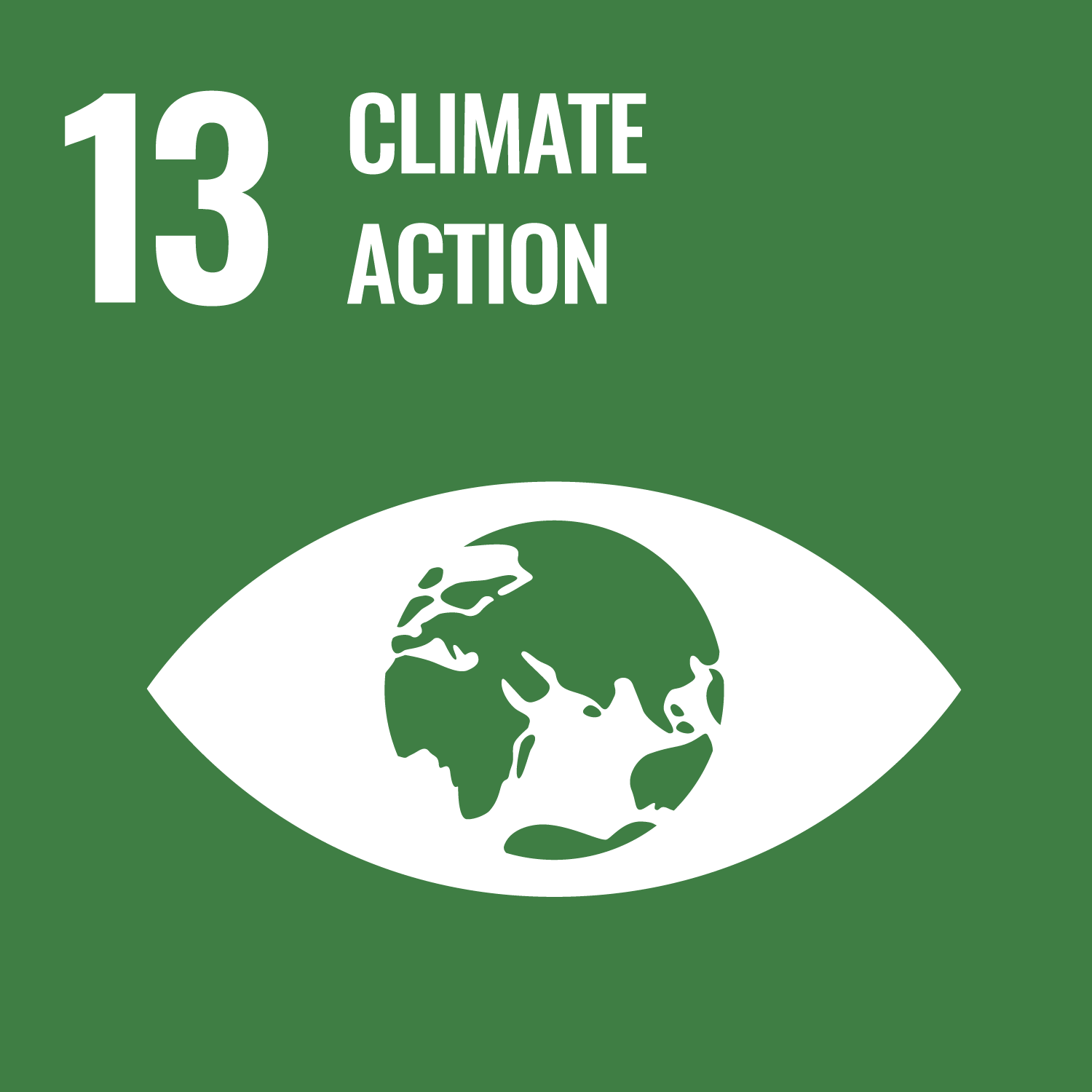Republic of Moldova

The Council of Europe Action Plan for the Republic of Moldova 2025-2028 was adopted by the Committee of Ministers of the Council of Europe in November 2024 and officially launched in Chisinau on 12 February 2025 by Alain Berset, Secretary General of the Council of Europe and Maia Sandu, President of the Republic of Moldova.
The Action Plan was drawn-up with the country’s national authorities and civil society organisations. The Council of Europe will continue to support the country’s efforts to honour its obligations as a Council of Europe member State and will be implemented as part of the Reykjavík Principles for Democracy whereby member States recommitted to “work together to protect and promote the three fundamental, interdependent and inalienable principles of democracy, rule of law and human rights, as enshrined in the Statute of the Council of Europe and in the Convention for the Protection of Human Rights and Fundamental Freedoms”.[1]
The Action Plan supports the country in implementing ambitious reforms that are key for its European Union accession process, including the rule of law, justice and fundamental rights. The Republic of Moldova was granted EU candidate status in June 2022 and the Negotiation Framework was adopted in June 2024.
The Action Plan will also help the national authorities to address the challenges posed by regional and global crises and to counter the effects of the ongoing war of aggression by the Russian Federation against Ukraine.
This is the fourth Council of Europe action plan for the country since 2013. It builds on best practices and achievements of the previous Action Plan for the Republic of Moldova for 2021-2024, which resulted in: the strengthened institutional capacity of the People’s Advocate; the strengthened protection of human rights of refugees and migrants; the improved measures to prevent and combat violence against women and domestic violence, and to protect children from violence; the strengthened capacity of the Equality Council to combat discrimination in line with European standards; the improved evaluation of courts’ functioning through better collection, analysis and reporting of court statistics; an improved legal framework in the field of preventing and combating corruption, money laundering and terrorist financing; enhanced management and healthcare provision in prisons and improved access to quality drug treatment services; improved general mental health and patient care in psychiatric institutions; the improved capacities of media stakeholders; improved electoral regulations, in line with the Council of Europe’s electoral standards; enhanced social rights facilitating the access of persons from vulnerable groups to vocational education and training and subsequent employment; an enhanced dialogue between national and local authorities and an improved consultation mechanism; the enhanced capacities of the Congress of Local Authorities from the Republic of Moldova to monitor and evaluate the public administration reform in the country; the strengthened capacities of civic education and history teachers and integrated curricula on democratic citizenship in the secondary education system.
The overall financing needs for the Council of Europe Action Plan for the Republic of Moldova 2025-2028 are estimated to be €30 million.
As of 1 January 2025, with the funding secured of €8.7 million (26.7% of the estimated needs) from seven contributors, including the European Union, as well as appropriations from the Ordinary Budget of the Organisation, the Council of Europe is implementing 28 projects[2] in various areas of co-operation in the Republic of Moldova. This inter alia includes country specific and regional projects implemented in the framework of the EU/Council of Europe Joint Programme “Partnership for Good Governance Programme” (PGG III). PGG III interventions are aimed to support judicial reform, strengthen the anti-money laundering, anti-terrorist financing and asset recovery regime in the Republic of Moldova and promote equality and non-discrimination.
[1]. The Reykjavik Principles for Democracy are part of the “Reykjavík Declaration – United around our values”, adopted at the 4th Summit of Heads of State and Government of the Council of Europe that took place in Reykjavik on 16 and 17 May 2023.
[2] This number includes 17 projects, funded by voluntary contributions and the ordinary budget, and 11 projects funded by the EU, in particular 1 Joint Programme (JP) on justice reform, 3 country specific projects and 5 regional and transversal projects in the framework of the EU/CoE JP “Partnership for Good Governance”, 1 regional JP on combating cybercrime, 1 regional JP on evaluation of the justice reform results “Dashboard for justice”.
The Action Plan aims to support the Republic of Moldova in its efforts to implement the United Nations Sustainable Development Goals (SDGs) of the UN 2030 Agenda for Sustainable Development, notably Goals 1, 3, 4, 5, 8, 10, 11, 13, 15 and 16.
More information: Overview of the Council of Europe Contribution to the UN 2030 Agenda.














